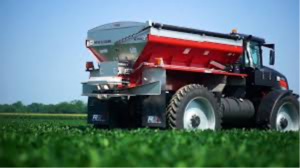
Liming and Soil pH Considerations
Christmas is right around the corner here in Sampson County. It is the time of year for spending time …



Extension and research at NC State address timely issues impacting our state. Extension delivers trusted information directly into the hands of farmers and agribusinesses, helping them translate knowledge into solutions that grow our economy and communities.
El inglés es el idioma de control de esta página. En la medida en que haya algún conflicto entre la traducción al inglés y la traducción, el inglés prevalece.
Al hacer clic en el enlace de traducción se activa un servicio de traducción gratuito para convertir la página al español. Al igual que con cualquier traducción por Internet, la conversión no es sensible al contexto y puede que no traduzca el texto en su significado original. NC State Extension no garantiza la exactitud del texto traducido. Por favor, tenga en cuenta que algunas aplicaciones y/o servicios pueden no funcionar como se espera cuando se traducen.
Inglês é o idioma de controle desta página. Na medida que haja algum conflito entre o texto original em Inglês e a tradução, o Inglês prevalece.
Ao clicar no link de tradução, um serviço gratuito de tradução será ativado para converter a página para o Português. Como em qualquer tradução pela internet, a conversão não é sensivel ao contexto e pode não ocorrer a tradução para o significado orginal. O serviço de Extensão da Carolina do Norte (NC State Extension) não garante a exatidão do texto traduzido. Por favor, observe que algumas funções ou serviços podem não funcionar como esperado após a tradução.
English is the controlling language of this page. To the extent there is any conflict between the English text and the translation, English controls.
Clicking on the translation link activates a free translation service to convert the page to Spanish. As with any Internet translation, the conversion is not context-sensitive and may not translate the text to its original meaning. NC State Extension does not guarantee the accuracy of the translated text. Please note that some applications and/or services may not function as expected when translated.
Collapse ▲
Christmas is right around the corner here in Sampson County. It is the time of year for spending time …

Everything you want to know about Poinsettias How to choose the right poinsettia for you? Decorating with poinsettias Growing poinsettias in the …

Sometimes to capture a little piece of heaven, you have to build it yourself. Without a doubt, there is …

Click on the flowchart below to help you determine if you need a pesticide license or certificate. Also, there are …
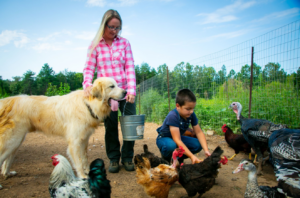
At the edge of the Appalachian Mountains far from the bustle of urban life, Jen Butler and her family …

Rodents can be a major issue on commercial poultry farms. They can spread disease, cause feed losses and contamination, …
In today’s economy, consumers are always looking for ways to save money. One of the most practical ways to …
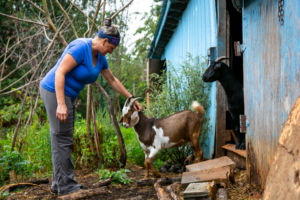
In the fall of 2011, Cassie Tuckey and her family moved to North Carolina. Originally from Michigan, the Tuckey’s …
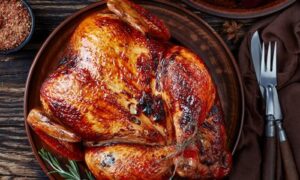
With November here and Thanksgiving coming soon, many of you have or are shopping for a turkey or ham, …
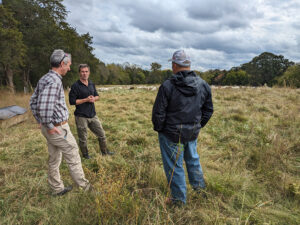
NC AgVentures is a NC State Extension program that provides grants to North Carolina farmers and community groups for …
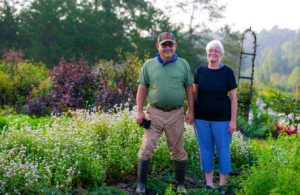
While most people plan for retirement, Lis and Tim Murray were planning their next adventure. For over 30 years, …
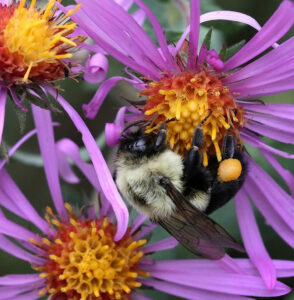
In late 2008, I planted a demonstration pollinator garden at Chatham Mills to provide forage from early spring to …
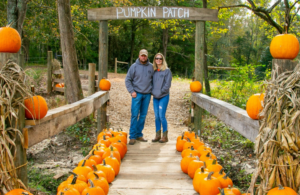
Husband and wife team, Stacy and Brent Bradford wanted to raise their children with healthier food choices and a …
Small farms play a vital role in supporting the competitiveness and sustainability of the United States rural and farm …
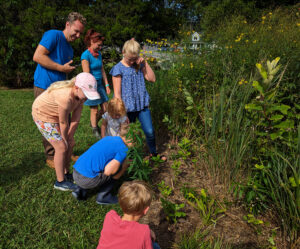
This was the first year that North Carolina participated in the Great Southeast Pollinator Census, a citizen science initiative …
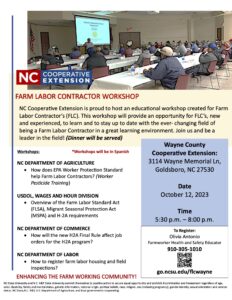
N.C. Cooperative Extension is proud to host an educational workshop created for Farm Labor Contractors (FLC). This workshop will provide …
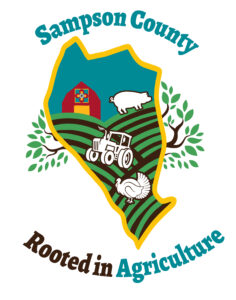
Get ready for an exciting day filled with hands-on experiences and education as Cooperative Extension gears up to host …
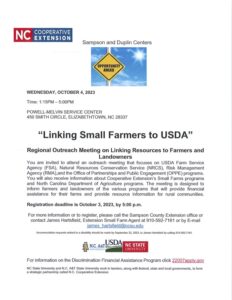
An invitation is extended for all small farmers to attend an outreach meeting on October 4, 2023 from 1:15 …

The real story of N.C. Cooperative Extension is the people of North Carolina coming together for a mission and …

Heather Haley is passionate about irises and wanted to help preserve her mother’s lifetime collection when Heather moved and …

To grow more consistent crops and improve your cash flow in years with damaging frost …
This publication discusses and quantifies the economic benefits provided to communities when farmland and forestland …
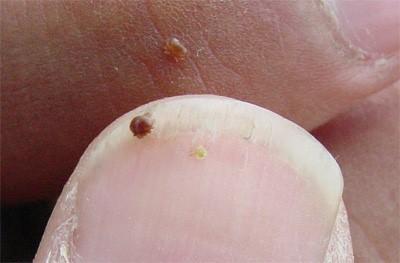
It is the goal of every beekeeper to maintain healthy, productive colonies. This can only …

This manual prepares pesticide applicators for Forest Pest Control Certification exams in the following states: …

This publication discusses how residents of the North Carolina Triad area perceive the benefits of …
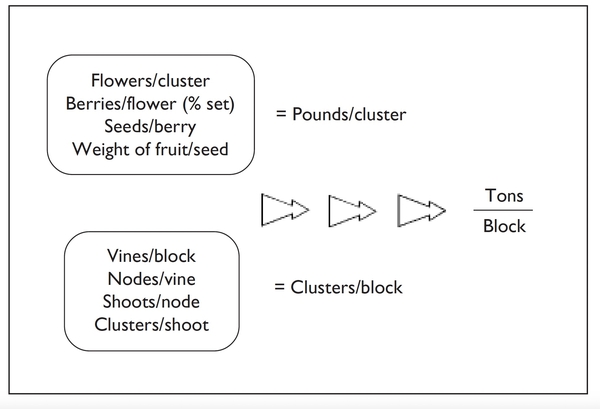
Crop prediction or estimation is the process of projecting as accurately as possible the quantity …
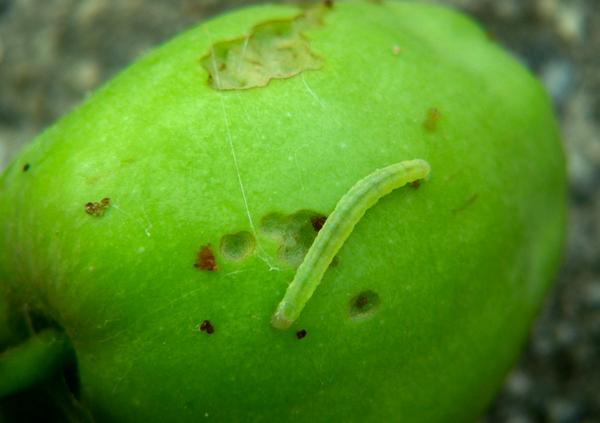
This publication contains contact information for the authors of The North Carolina Winegrape Grower's Guide.